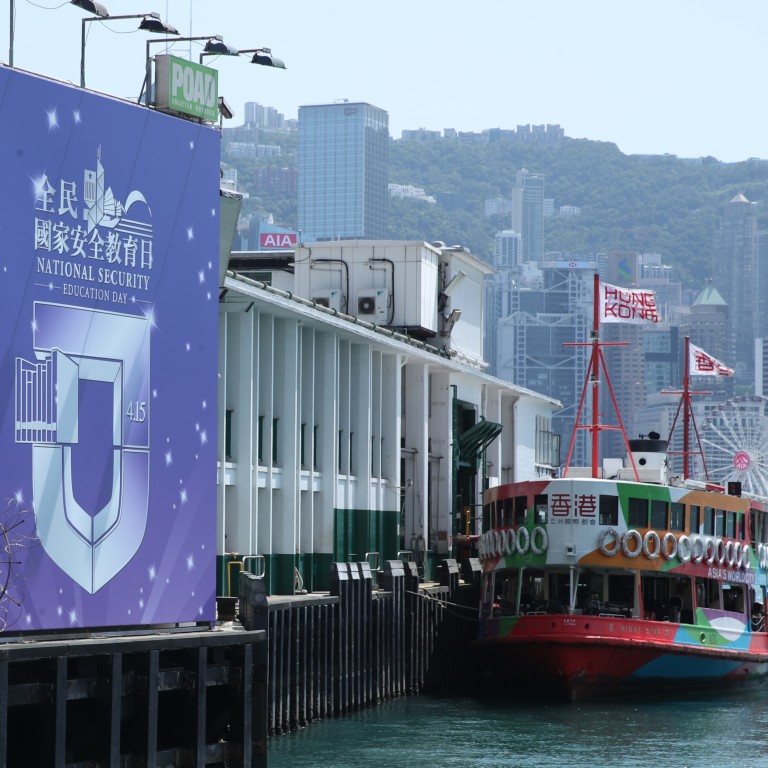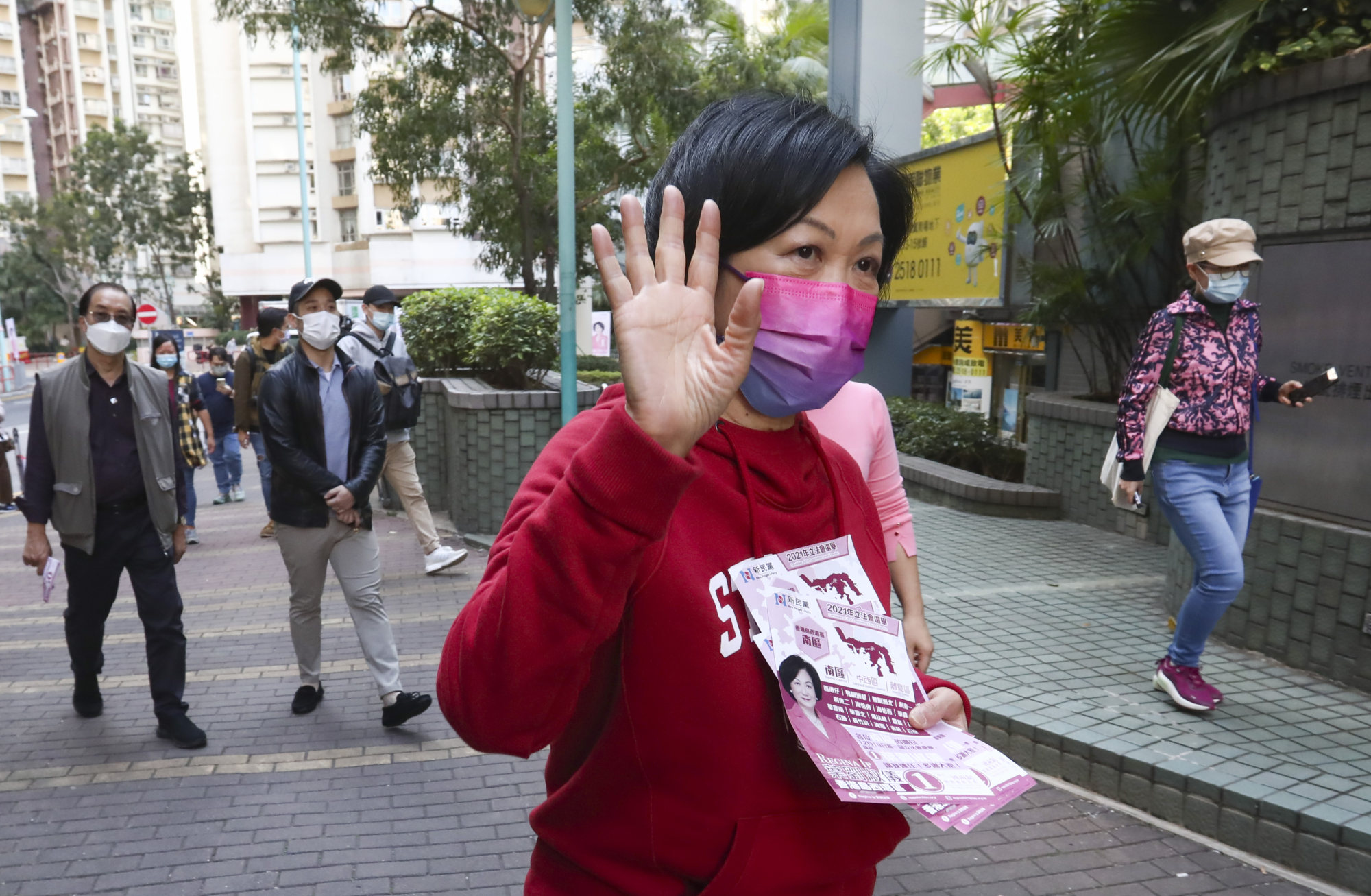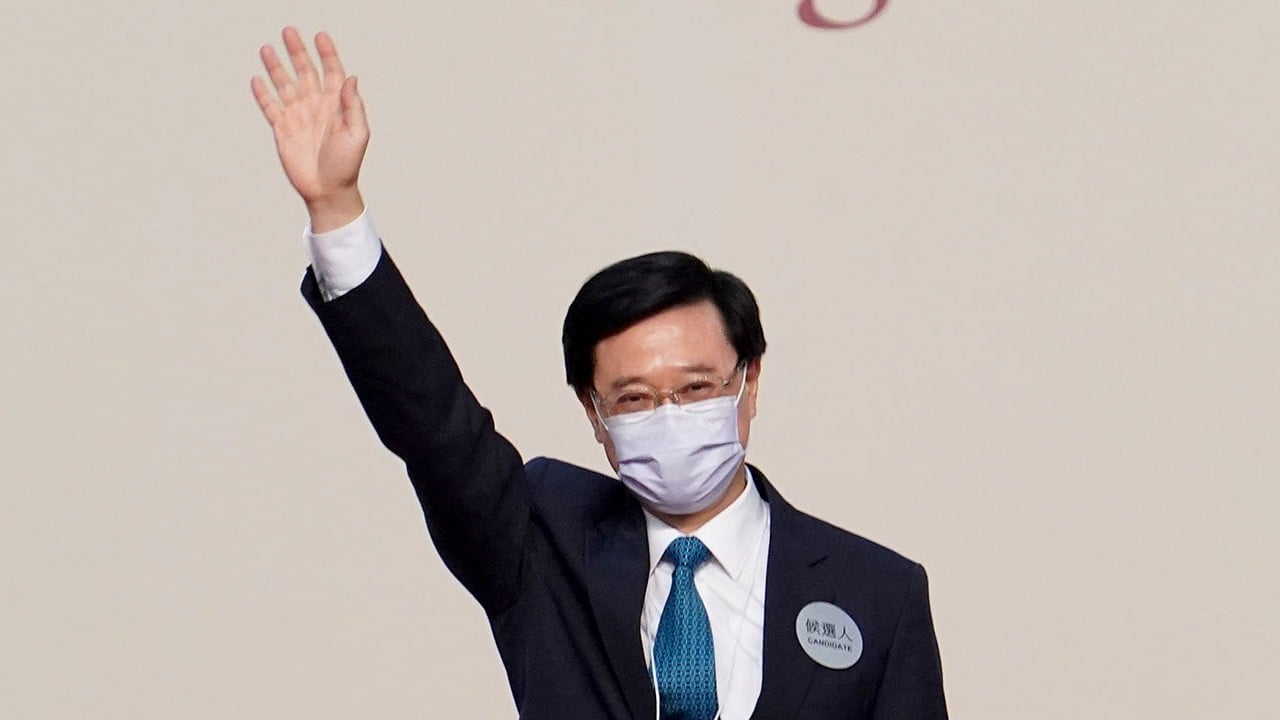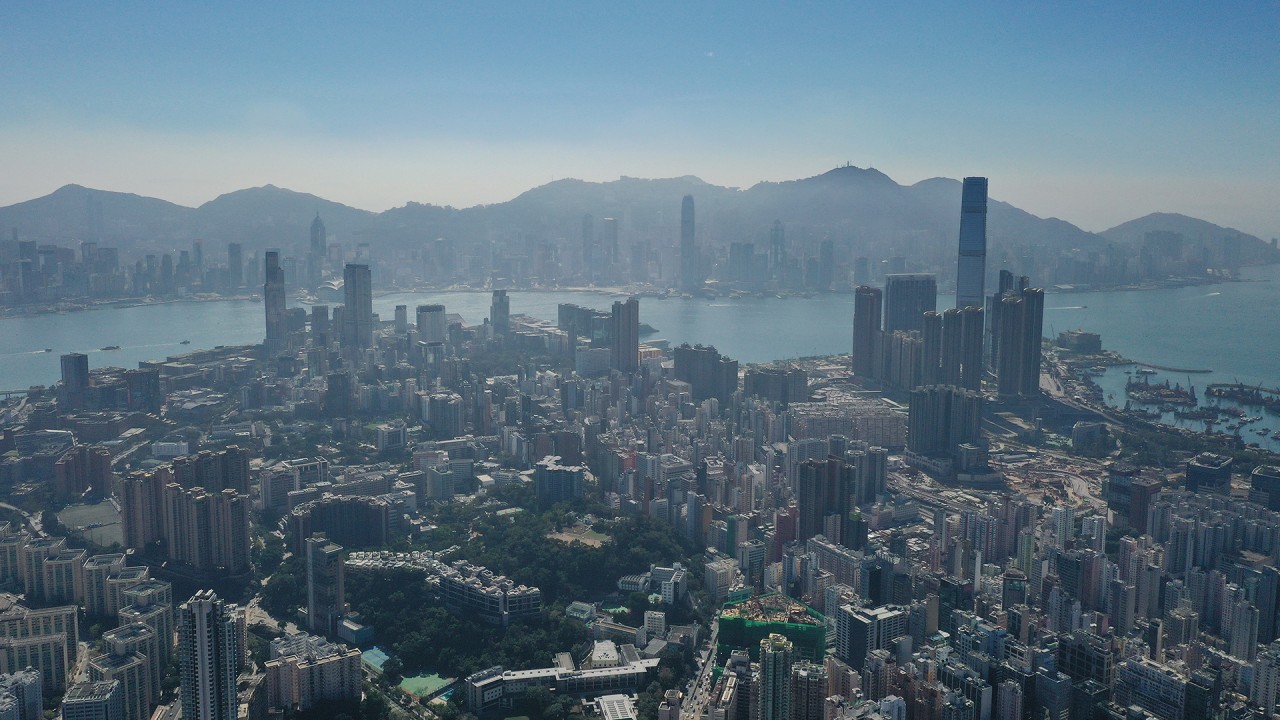
How to repair Hong Kong’s battered reputation: first, restore confidence among the ‘honest brokers’
- The national security law, the government’s handling of the pandemic, and more, have left Hong Kong with an image problem on the global stage
- Rather than another expensive PR campaign focused on the media, officials should target the experts on whom journalists rely, to boost the city’s image
You don’t have to be a rocket scientist to recognise that Hong Kong has an international PR problem. What to do about it is a bit more challenging, and that is likely to be a high-priority issue as chief executive-elect John Lee Ka-chiu and his new administration take up the reins in just over a month’s time.
For some, Hong Kong has been an international pariah for decades. I recall a number of international think-tank members visiting Hong Kong in the spring of 1997 as the handover approached. They told me that this would be their last visit to Hong Kong – once it was in the grip of Beijing, there would be no point in further engagement.
In the wake of his selection as chief executive this month, The New York Times declared “John Lee wins Hong Kong’s Rubber Stamp Election”. The BBC called Lee’s election a move by Beijing “to tighten its grip on the city”.
Analysing the result, it attempted to explain “what Hong Kong can expect from ‘Beijing’s enforcer’.” Reuters said he had been endorsed by “a committee stacked with pro-Beijing loyalists”. Clearly, as Hong Kong’s advocate-in-chief, Lee has a mountain to climb.
First, it is valuable to recall Harold Evans, former editor of The Times, who for decades set the gold standard for best journalistic practices. For him, the most important precautionary principle for a journalist was the “He would say that wouldn’t he?” rule.
Before a journalist believes a chief executive who claims their company is about to report record profits or a football coach who says their team will win an upcoming match, the journalist must pause and check against the “He would say that, wouldn’t he” rule.

If an interviewee has a vested interest in an outcome or a potential for bias, a good journalist must by definition be sceptical. So a government official who makes ambitious claims must expect the media to suspend judgment until they have a chance to double-check.
This is where Evans’ second rule comes in: find the “honest broker”. Who can you talk to with enough expertise or experience to know but with no reason to suffer bias?
So my first main message is that only when the claims from a government official or their PR campaign are confirmed by honest brokers will the PR messages strike home. Until then, any money spent on a PR campaign is likely to be wasted.
The second main message is that this problem is not fatal. Journalists, no matter how smart or hard-working, are rarely experts. The opinions they express will normally originate with experts. If those experts speak kindly of a company, leader or government, the narrative will be influenced.
Rather than spend millions on a branding campaign focused on the media, time and effort might be better spent on the practical steps needed to restore confidence among quieter but more expert stakeholders. These will be the honest brokers to whom journalists will turn. If the pervasively negative narrative on Hong Kong is to change, the change is likely to start here.
David Dodwell researches and writes about global, regional and Hong Kong challenges from a Hong Kong point of view



